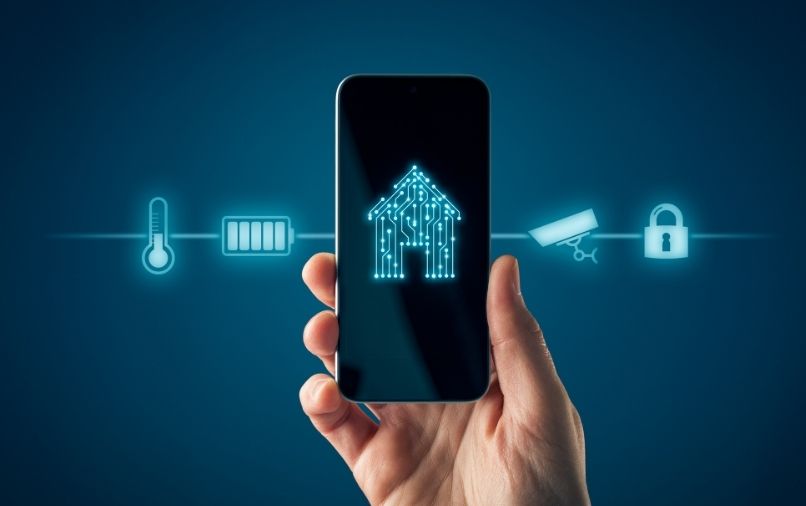- Optus highlights its plan of being more than a mere device retailer by launching a new ‘Smart Spaces’ business.
- Smart Spaces intend to offer smart home devices such as WiFi audio, home lighting, and digital doorbells. These offerings come with unique service solutions that range from self-installation to full installation.
- The Smart Spaces project is considered a “hot market”. It is expected to be worth $5bn in the coming three years. Currently, the market is estimated to be worth $3bn.

Optus highlights its plan of being more than a mere device retailer by launching a new ‘Smart Spaces’ business. Smart Spaces intend to offer smart home devices such as WiFi audio, home lighting, and digital doorbells. These offerings come with unique service solutions that range from self-installation to full installation.
The Smart Spaces project is considered a “hot market”. It is expected to be worth $5bn in the coming three years. Currently, the market is estimated to be worth $3bn.
According to Optus CEO Kelly Bayer Rosmarin, the move is in the context of the maturity of the local
telco market: “There are more players chasing a share of the market, and margins from basic connectivity are being squeezed. To achieve our ambitions Optus has to look beyond the realm of connectivity services at opportunities that diversify our offerings and also align to, and satisfy, the needs of our customers.”
This goal was already realised when the telco revealed its SubHub service, which allowed the company to capture a specific revenue from popular OTT services.
Meanwhile, according to the vice-president for TV, content, and product development Clive Dickens, the telco was targeting Australia’s 9.6m households and 800k SMBs.
“We know customers often feel confused as to what devices to buy, which devices work together, and how to install the devices,” he said.
In parallel to this, the CEO said it was a “very natural area” for Optus to delve into this project because connectivity is “at the heart” of smart homes and smart offices.
“We know that a number of companies have danced around this space and taken forays in,” she further added. Before Optus took the leap it “did a lot of research so that we could understand, specifically, what was preventing companies from getting real traction with consumers in rolling out smart spaces technology.”
“The ‘hassle factor’ associated with buying the wrong things or spending lots of time setting it up. Put a lot of people off,” the CEO also said.
“So armed with all that research, what we’ve really designed is a solution that we think will really speak to customers: curated collections of devices, powered by our connectivity and supported by the brand new O-Team who will help our customers installing those; whether it’s through online support, subscription support, or even O-Team members who will come to their homes and do a professional installation with them.”


